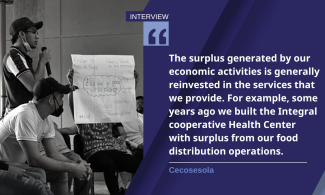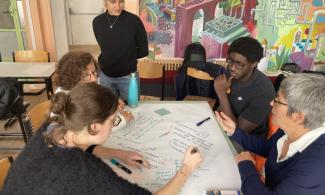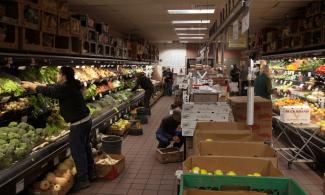“Solidarity Economy”: Challenges to Social Movement Theory
The political innovations that emerged from the Latin American “Pink Wave” of the 2000’s, as well as the European anti-austerity and environmental mobilizations of the 2010’s, challenge the focus on protest that has characterised social movement scholarship in the last decades (Pleyers & Capitaine 2016). At the core of these innovations is the promotion, through movement praxis as well as public policy, of community-led initiatives, based on democratic solidarity (Hulgard et al 2019) in which economic activity is pursued as a means to the achievement of political ends.





